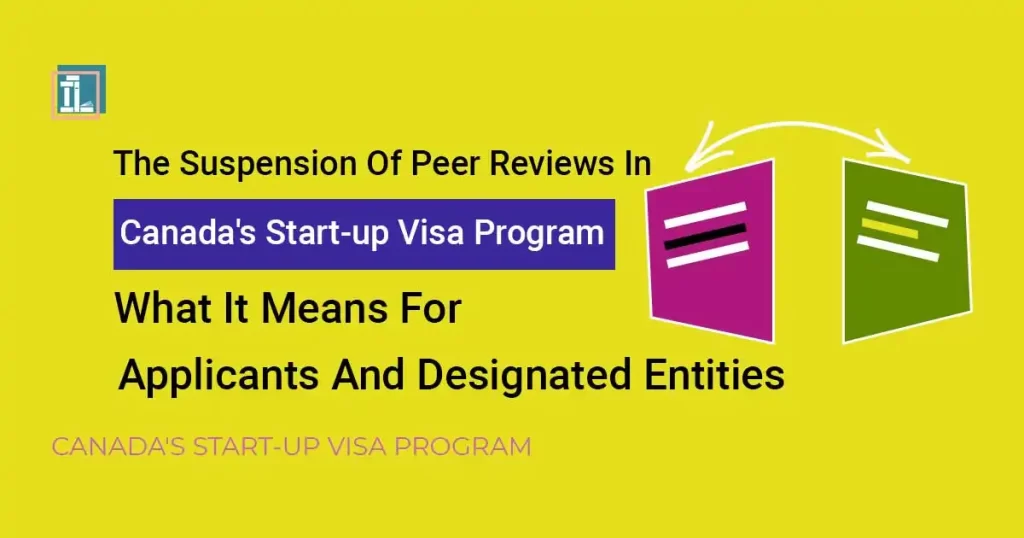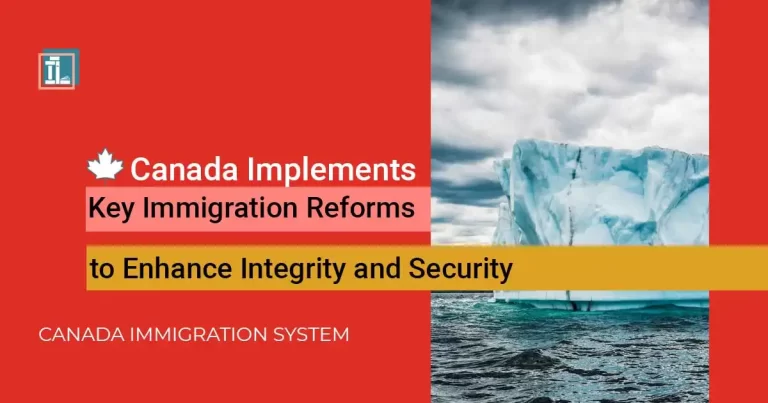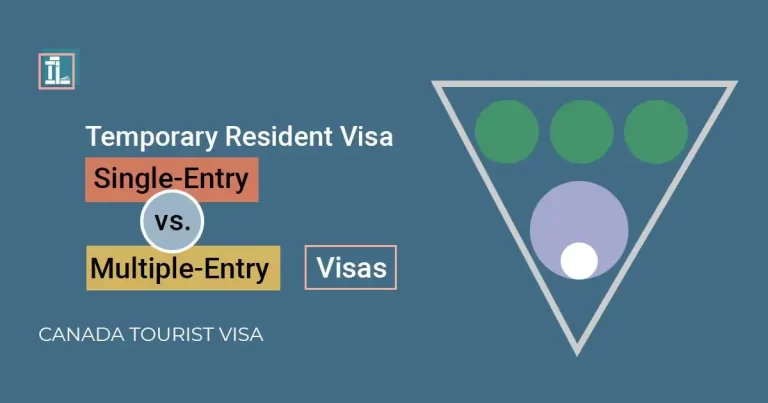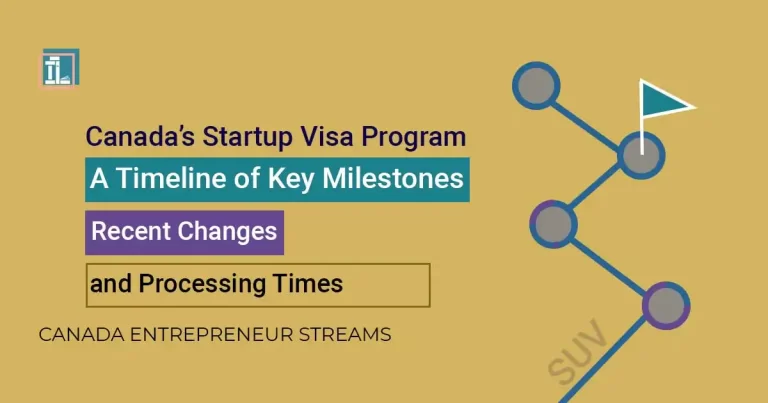THE SUSPENSION OF PEER REVIEWS IN CANADA'S START-UP VISA PROGRAM: WHAT IT MEANS FOR APPLICANTS AND DESIGNATED ENTITIES
On August 1, 2024, Immigration, Refugees, and Citizenship Canada (IRCC) announced a halt to all peer reviews in the Start-Up Visa (SUV) Program (➨ Page) until further notice. Many stakeholders are perplexed by the decision's suddenness and its implications. Peer reviews have been a key component of the SUV program, adding an extra layer of scrutiny to ensure that applicants and designated entities meet industry standards and prevent fraud. In this article, we look at the most likely reasons for the pause and what it means for those involved in the SUV process.
Understanding The Peer Review Process
Peer reviews are an essential component of the SUV program, designed to ensure that the activities of designated entities and applicants are consistent with industry standards. When an application is submitted, IRCC ensures that the appropriate forms are completed, fees are paid, and all required documents are included. If necessary, the application is submitted for peer review.
During a peer review, an industry association brings together a panel of experts to evaluate the level of due diligence performed by the designated entity. This includes assessing the terms of the commitment, such as the investment, services provided, and any fees charged to applicants. The panel also confirms that the business is or will be incorporated in Canada, verifies ownership, and evaluates the proposed business model, management team, and intellectual property ownership. The goal is to focus on high-growth potential products or services and determine whether the company was accepted into a business incubator program.
If concerns are raised during the peer review, IRCC may send the applicant a procedural fairness letter outlining the issues and requesting additional documentation. IRCC uses the peer review findings, as well as other information in the application, to make its final decision on the case.
Ready to take the next step towards your Canadian immigration journey? Fill out the form below and embark on your path to new opportunities.
Reasons for Pausing Peer Reviews
Streamlining the Application Process: While peer review is valuable, it can be time-consuming and complex, with multiple stakeholders and steps. Pausing peer reviews could be IRCC's attempt to streamline the SUV application process and reduce delays. By removing this extra layer of scrutiny, IRCC may be able to speed up application processing, allowing applicants to receive decisions faster.
Addressing Inconsistencies: Peer reviews are conducted by various panels of experts, which can lead to assessment variability. This can lead to inconsistent results for applicants, depending on the panel conducting the review. The pause in peer reviews may allow IRCC to address these inconsistencies, standardise the process, and ensure that all applications are evaluated consistently.
Enhanced Fraud Prevention Mechanisms: Peer reviews were initially implemented to prevent fraud, but as the SUV program evolved, IRCC may have developed more effective internal controls and fraud prevention measures. The decision to pause peer reviews may reflect a shift towards relying more on internal mechanisms rather than external reviews, increasing the program's overall efficiency.
Responding to Stakeholder Feedback: Designated entities and industry associations are key stakeholders in the SUV program, and their feedback is likely to influence IRCC policy decisions. If stakeholders raised concerns about the peer review process, such as its impact on processing times or the burden it places on applicants and designated entities, IRCC may have paused peer reviews to reassess and possibly redesign the process in response to this feedback.
Conducting an Internal Quality Review: The pause could be part of a larger quality assurance initiative at IRCC. By suspending peer reviews, the department could conduct an internal evaluation to assess the effectiveness of the process, identify areas for improvement, and ensure that the SUV program remains consistent with Canada's economic and immigration goals.
Implications for Startups and Designated Entities.
The suspension of peer reviews has serious consequences for both startups and designated entities. On the one hand, the removal of the peer review process may result in faster processing times for applicants. However, without the additional input of peer review panels, IRCC officers will be held to a higher standard of evaluating applications.
The pause in peer reviews requires designated entities to ensure their due diligence processes are robust, as IRCC will rely more heavily on the documentation provided. Designated entities may also face increased scrutiny from IRCC, as the processing officers are now directly responsible for verifying key aspects of the application.
Ready to take the next step towards your Canadian immigration journey? Fill out the form below and embark on your path to new opportunities.
Conclusion
The decision to pause peer reviews in Canada's Start-Up Visa program represents a significant shift in how IRCC handles applications. While the reasons for this change may include efforts to streamline operations, address inconsistencies, and improve fraud prevention, the full impact of this decision will be felt over time. Stakeholders in the start-up ecosystem should stay informed and prepared to adapt to any new processes or requirements that may arise as IRCC refines the SUV program. Ultimately, the success of this program will be determined by striking the right balance between efficiency, fairness, and the integrity of Canada's immigration system.
Connect With Us Today
Don’t let this opportunity slip away. Begin your journey towards realizing your Canadian dreams with the Start-Up Visa (SUV) Program (➨ Page) . Let’s collaborate to make your entrepreneurial aspirations a reality.
Ready to take the next step towards your Canadian immigration journey? Fill out the form below and embark on your path to new opportunities.




